Q&A: Eugene Kaspersky on taking on the big boys
Kaspersky's chief executive tells IT PRO about how his company plans to climb the security ladder, toppling the likes of Symantec and McAfee along the way.
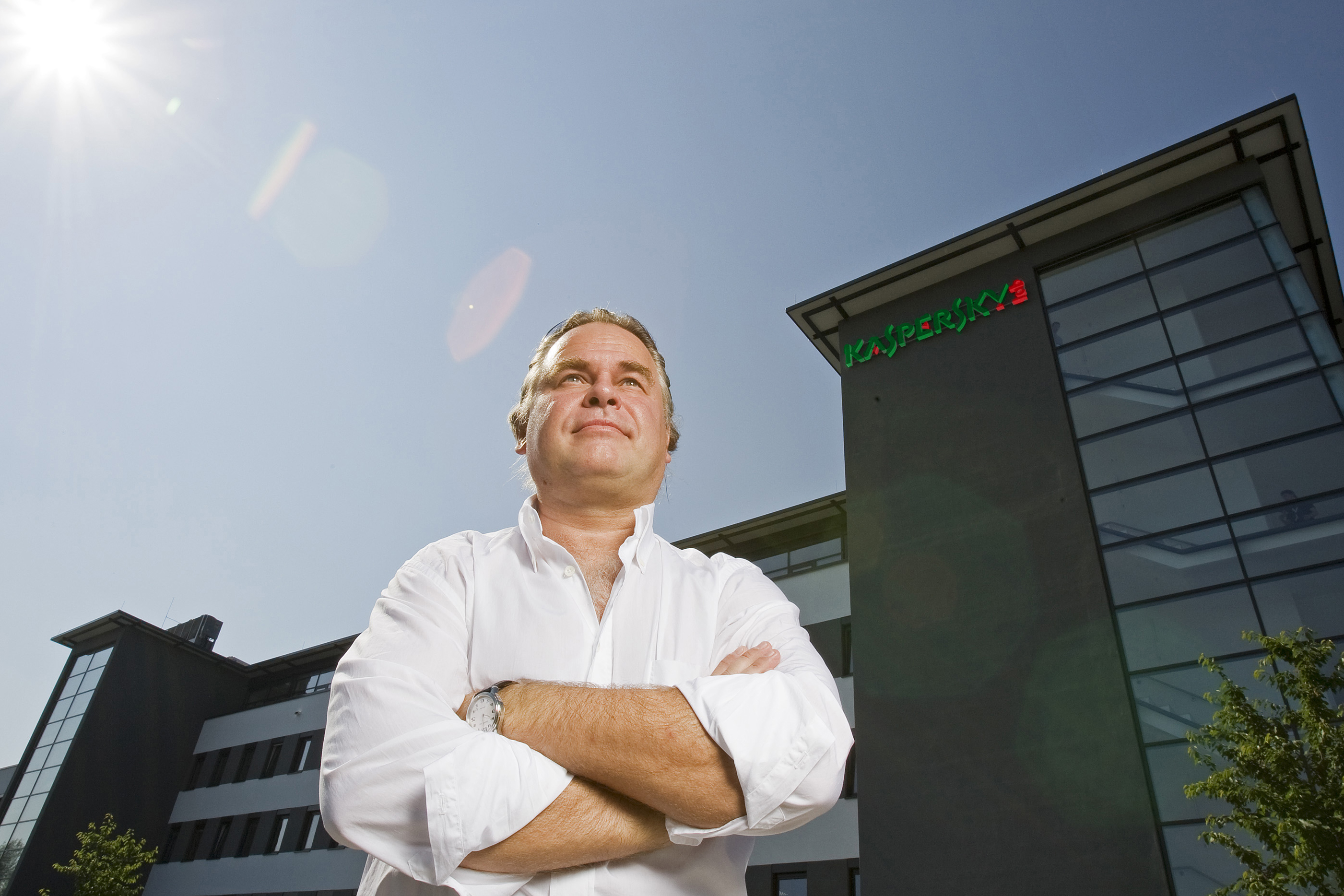

Eugene Kaspersky is one of those people you don't want to miss when he's in town.
In recent, troubling news, the security software firm's chief executive saw his son kidnapped before thankfully being freed. Prior to his personal peril, we managed to catch up with one of the most charismatic people in the security industry at the recent InfoSecurity 2011 conference in London.
From Kaspersky itself and its plans to take on the big players like Symantec and McAfee, to the potential end of desktop computing in the home at least - he certainly had plenty to say.
Kaspersky wants to be one of the top three security companies in the world. How do you plan to achieve this?
I think there will be major changes in the consumer environment because of mobile systems phones, tablets and, maybe, future devices we don't have at the moment.
They are entering the home environment and I think they will replace computers at home because ordinary people they don't really need computers. They need just the web, they need email, they need media editors, they need news and they need social networks.
Cyber criminals are paying more attention to the mobile environment. They have recognised they can earn a lot of money through attacks on mobile devices.
Get the ITPro daily newsletter
Sign up today and you will receive a free copy of our Future Focus 2025 report - the leading guidance on AI, cybersecurity and other IT challenges as per 700+ senior executives
They don't need professional software, they don't need professional services like Microsoft Office or professional video editors and so on.
I have not seen the latest data from Apple, but I would not be surprised if its Mac [market] share is decreased and replaced by iPads. There is no need to have heavy machinery.
At the moment, consumer security is mostly computer-based, mostly Windows-based. It will slowly, year-by-year be replaced with mobile security.
Cyber criminals are paying more attention to the mobile environment. They have recognised they can earn a lot of money through attacks on mobile devices.
So the mobile market is where Kaspersky thinks it will make gains over competitors?
We are one of the major players in the mobile market. We understand that mobile security is important.
The first time we had our own booth at the [Mobile World Congress] conference in Barcelona was five years back. For the first two years, people came to us and said "Kaspersky, that's security, it's a mobile exhibition, what are you doing here?"
The third year, they started to come to us and asked questions about mobile security. On the fourth year we signed our first contract with a Middle Eastern telecoms company.
Last February, sometimes there was no space in our booth. Many people came, like mobile operators and manufacturers, mostly [to talk] about Android.
So how do you plan to topple the likes of Symantec and McAfee who have considerably more revenue than other security players, including Kaspersky?
This is a question which is not at all simple to answer. I had the same questions three or four years back, and I said our strategy is quite simple. First of all [our strategy is] to become number four, then number three, then number two, then number one.
Another answer is, to be number one in mobile security, stay there and wait until mobile devices replace computers.
Tom Brewster is currently an associate editor at Forbes and an award-winning journalist who covers cyber security, surveillance, and privacy. Starting his career at ITPro as a staff writer and working up to a senior staff writer role, Tom has been covering the tech industry for more than ten years and is considered one of the leading journalists in his specialism.
He is a proud alum of the University of Sheffield where he secured an undergraduate degree in English Literature before undertaking a certification from General Assembly in web development.
-
 Should AI PCs be part of your next hardware refresh?
Should AI PCs be part of your next hardware refresh?AI PCs are fast becoming a business staple and a surefire way to future-proof your business
By Bobby Hellard
-
 Westcon-Comstor and Vectra AI launch brace of new channel initiatives
Westcon-Comstor and Vectra AI launch brace of new channel initiativesNews Westcon-Comstor and Vectra AI have announced the launch of two new channel growth initiatives focused on the managed security service provider (MSSP) space and AWS Marketplace.
By Daniel Todd
-
 Power stations under attack from long-running hacking campaign
Power stations under attack from long-running hacking campaignNews Dragonfly threat group is ramping up activities, say researchers
By Adam Shepherd
-
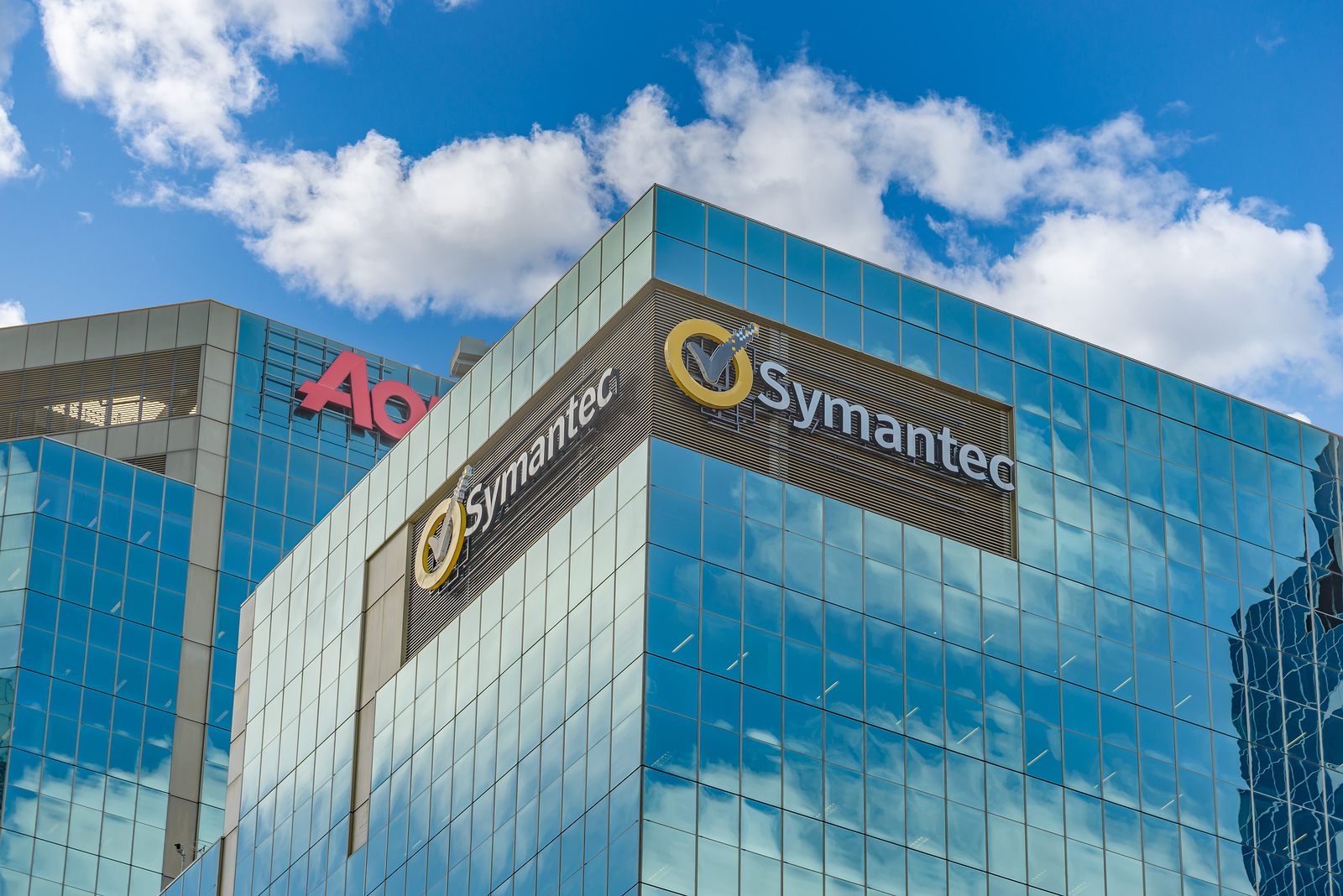 Symantec profits surge as firms prop up their cyber defences
Symantec profits surge as firms prop up their cyber defencesNews The company also announced plans to sell its web certificate business
By Dale Walker
-
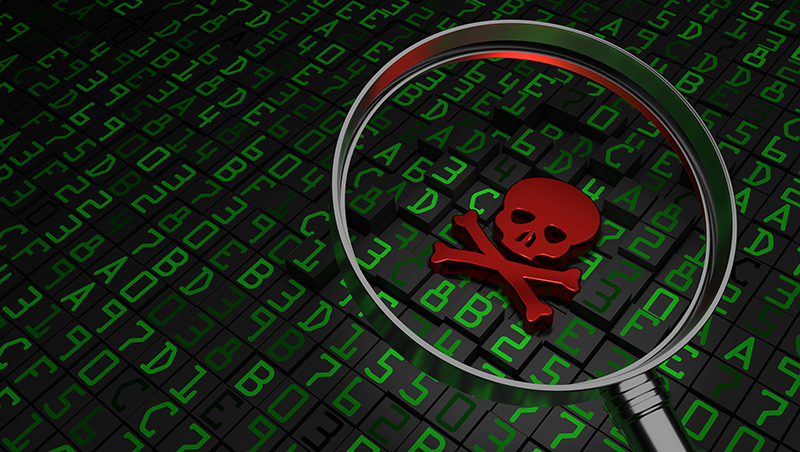 Windows Troubleshooting Platform 'is serving malware'
Windows Troubleshooting Platform 'is serving malware'News Troubleshooting service used as a pathway to con victims into downloading malware
By Jane McCallion
-
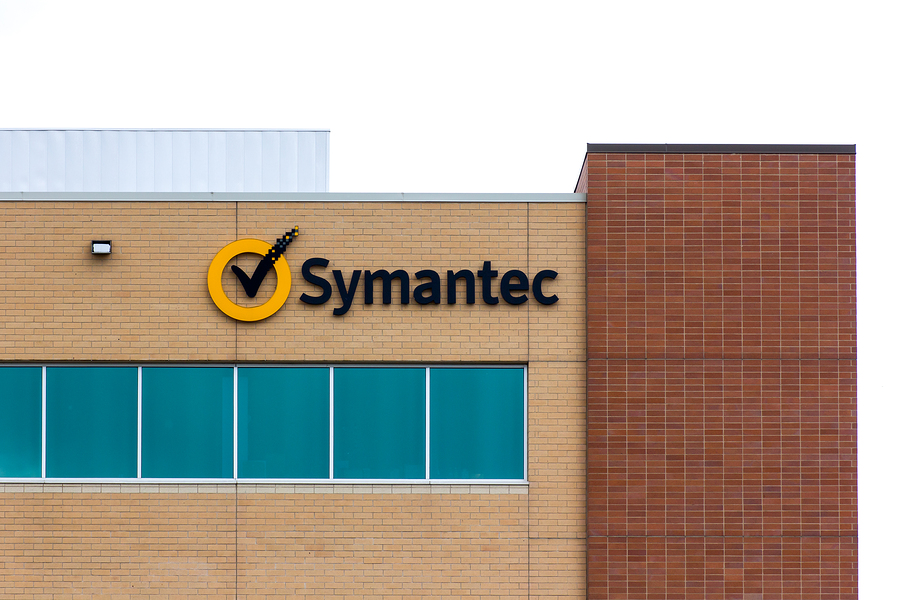 Symantec to pay $4.65 billion to acquire Blue Coat
Symantec to pay $4.65 billion to acquire Blue CoatNews Greg Clark to become Symantec CEO, promising new cloud security
By Aaron Lee
-
 Symantec ditches reseller guilty of scamming PC users
Symantec ditches reseller guilty of scamming PC usersNews Silurian told people they had malware, then sold them Norton Antivirus for $249
By Joe Curtis
-
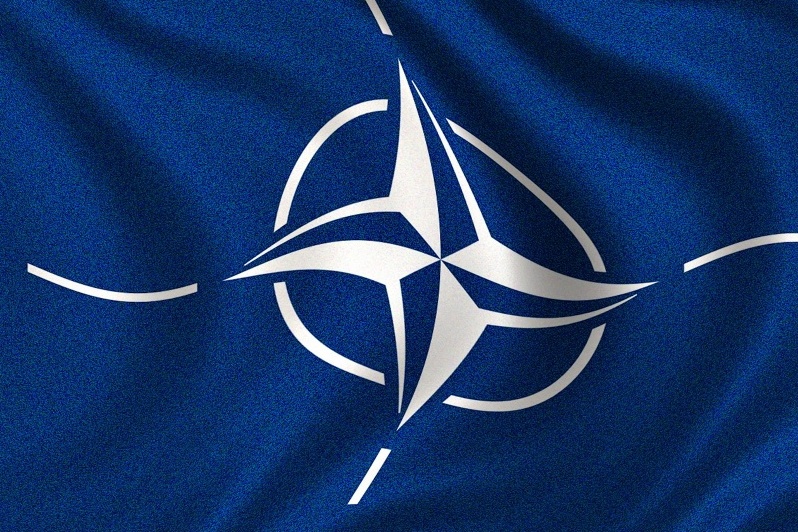 NATO builds up cyber alliance with Symantec tie-in
NATO builds up cyber alliance with Symantec tie-inNews Military industrial link up to fight cyber attacks
By Rene Millman
-
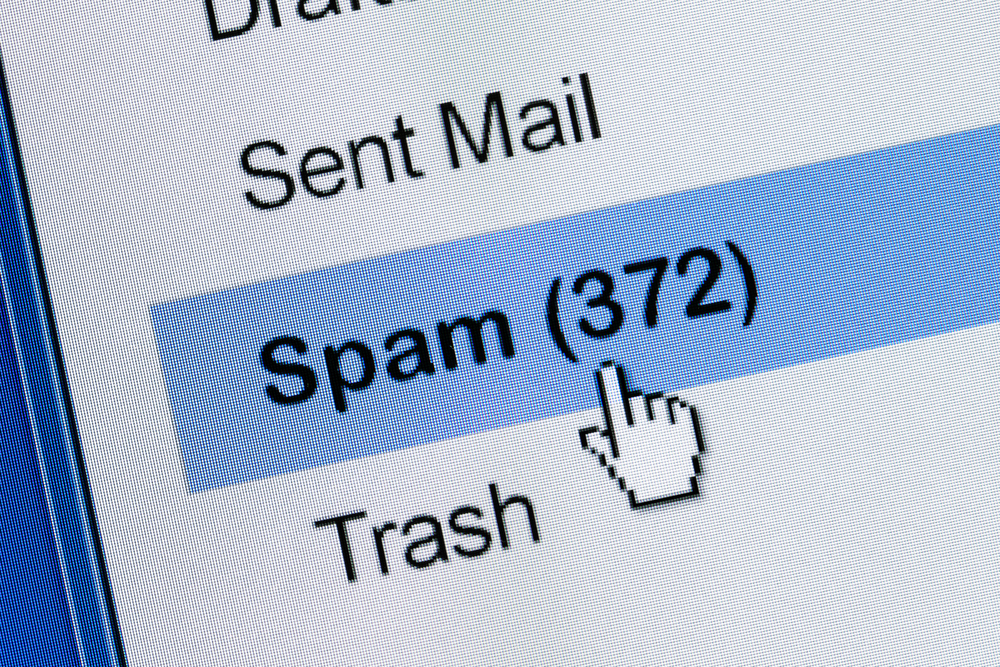 Junk emails fall to their lowest rate in 12 years
Junk emails fall to their lowest rate in 12 yearsNews Spam is dropping, says Symantec, but other malware threats are on the rise
By Joe Curtis
-
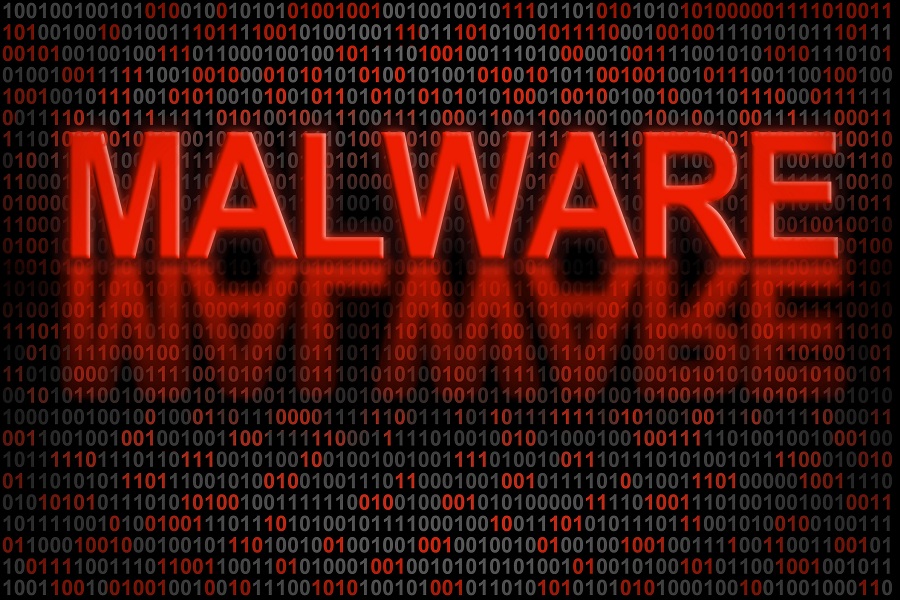 Kaspersky: "We have never been asked to whitelist malware"
Kaspersky: "We have never been asked to whitelist malware"News A company blog has revealed neither government nor any other entity has asked it to stop detecting malware
By Clare Hopping